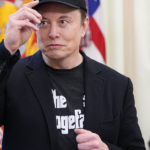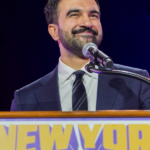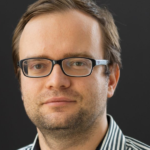“UCLA had a 74% admissions rate. When I applied, I was one of the 26% that didn’t get in,” Galloway told Smith. “I came home and broke down. I was really upset. I always thought I was smart. I was told I was smart, and I wanted to do something bigger.”
With his mother’s encouragement, Galloway appealed his case to UCLA, and met with an admissions officer. What happened next changed his entire outlook on life at the time.
“It literally inspired this upward spiral for me,” he said. “So I’m a product of big government. Everyone likes to s–tpost the government. California taxpayers and the regents of the University of California saved my ass.”
“When I grew up, America loved unremarkable kids,” he said, noting how the University of California system was essentially free for qualified students, funded by state taxpayers, and designed to democratize opportunities. Today’s higher education landscape, by contrast, functions like what Galloway calls “a hedge fund offering classes.” Universities with billion-dollar endowments are tightening admissions rather than expanding access, creating artificial scarcity that pushes costs upward.
“Unfortunately, now in America, the best indicator of your kid’s success is how much money you have,” he said. “And there’s something wrong with that.”
According to Galloway, public resources lead to opportunities, innovation, economic growth, and social mobility. But the system is currently optimized for exclusivity, concentrating wealth and generating resentment. As he sees it, the question facing America isn’t whether we can afford to bet on unremarkable people. It’s whether we can afford not to.









